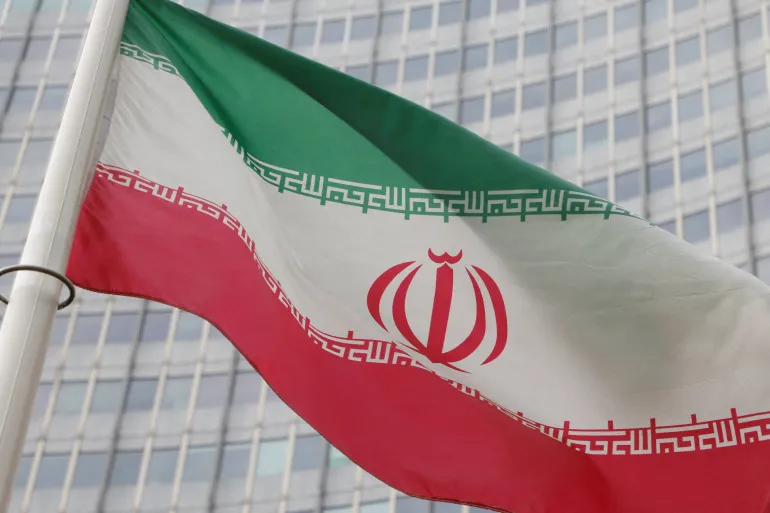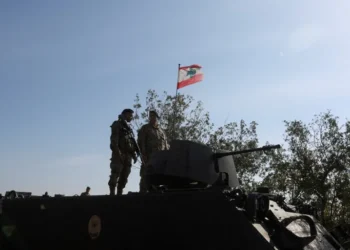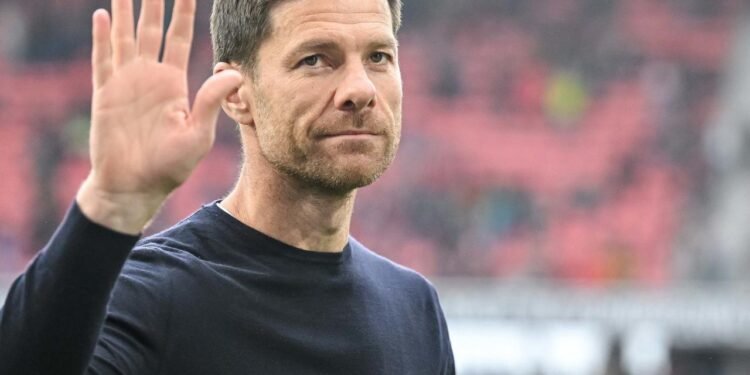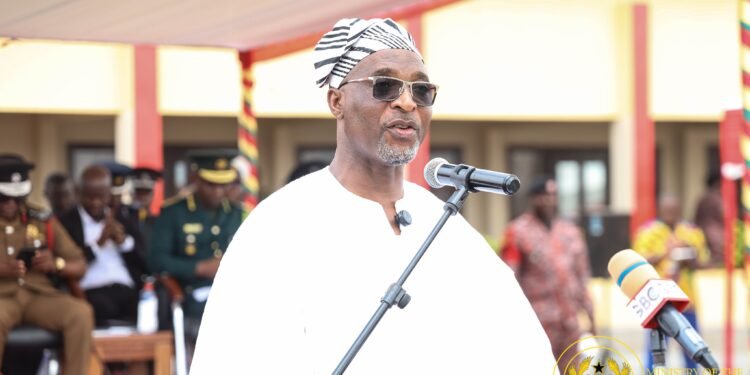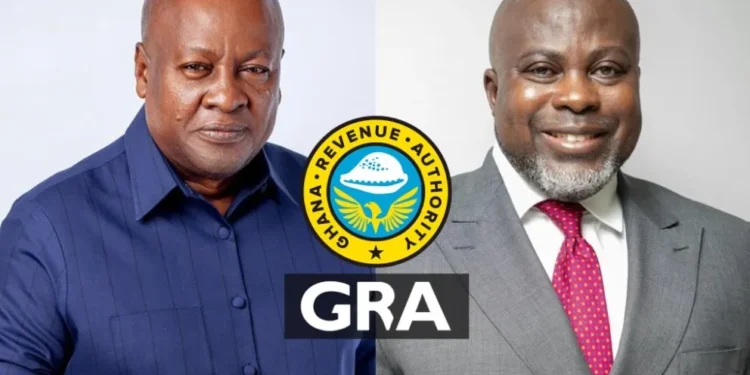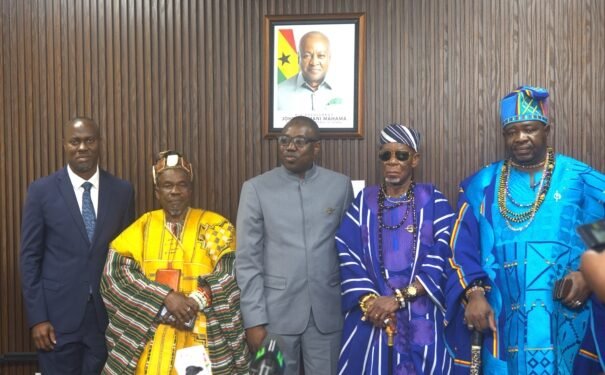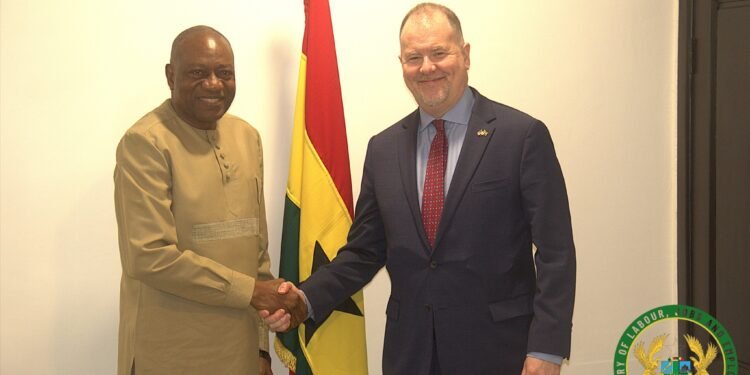Iran has criticised a move by European powers to impose international sanctions, by the end of the month if Tehran does not meet conditions, including access for UN nuclear inspectors.
Iran’s Deputy Foreign Minister, Saeed Khatibzadeh said, “What Europeans are doing is politically biased and politically motivated.”
“…They are wrong on different levels by trying to misuse the mechanism embedded in the Joint Comprehensive Plan of Action (JCPOA).”
Saeed Khatibzadeh
He insisted that Iran has presented fair proposals to resolve the issue.
Britain, France and Germany, known as the E3, launched a 30-day process in late August to reimpose sanctions unless Tehran meets their demands.
The E3 accuse Tehran of breaching the Joint Comprehensive Plan of Action (JCPOA), which was signed by Iran, the US, China, Russia, and the EU.
Under the deal, Iran agreed to curb its nuclear programme in return for sanctions relief. The agreement unravelled in 2018 after then-US President Donald Trump pulled out and reimposed unilateral sanctions.
Tensions escalated further earlier this summer, when Israel launched a 12-day war on Iran, with Israeli and US forces striking several nuclear facilities.
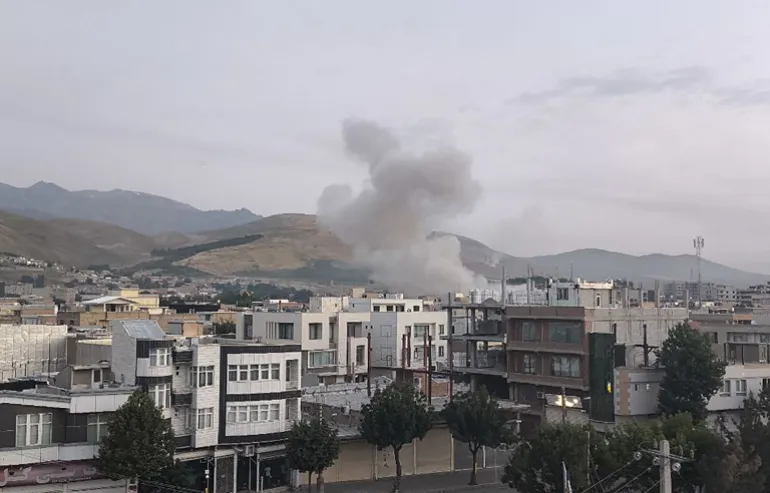
Iranian officials have also criticised the UN nuclear watchdog, the International Atomic Energy Agency (IAEA), for accusing Tehran of noncompliance with its nuclear obligations ahead of the attacks.
Iran has repeatedly denied seeking a nuclear weapon, while Israel is widely believed to possess an undeclared nuclear arsenal of dozens of atomic bombs.
Iranian officials have also accused the E3 of abusing the dispute mechanism contained in the 2015 Treaty on the Non-Proliferation of Nuclear Weapons (NPT), which allows for the application of sanctions under a “snapback mechanism.”

The Europeans offered to delay the snapback for up to six months if Iran restored access for UN nuclear inspectors and engaged in talks with the US.
However, French President, Emmanuel Macron said yesterday that sanctions are likely to be reinstated, with European officials claiming that Iran has not engaged seriously in negotiations.
Following Macron’s statement, Iran’s Foreign Minister, Abbas Araghchi had said that Tehran had presented a “reasonable and actionable plan” and insisted Iran remains committed to the NPT.
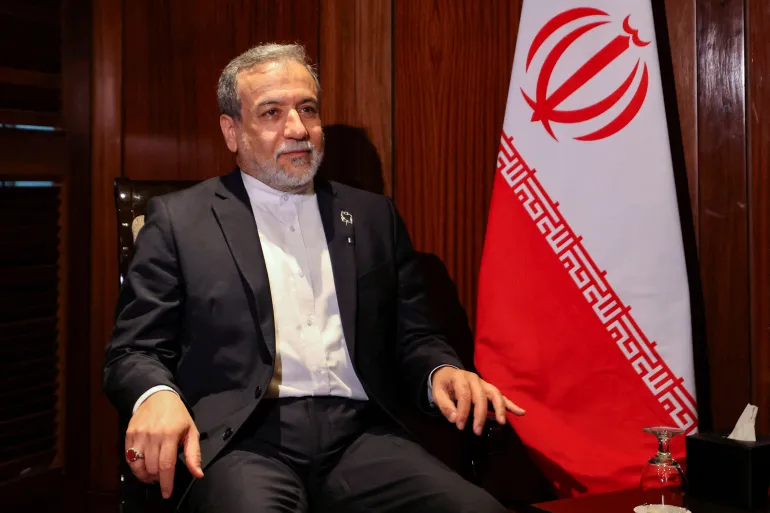
Iran Warns “All Options On The Table”
Khatibzadeh cautioned that “all options are on the table if diplomacy fails,” although he did not offer details.
“If Europeans go on this path, they are making the level of unpredictability to the highest level possible, and they are responsible for… any possible future risks.”
Saeed Khatibzadeh
Using the “snapback” mechanism will likely heighten tensions between Iran and the West. It’s unclear how Iran will respond, given that in the past, officials have threatened to withdraw from the Nuclear Nonproliferation Treaty, potentially following North Korea, which abandoned the treaty in 2003 and then built atomic weapons.
Khatibzadeh’s remarks come ahead of a scheduled United Nations Security Council (UNSC) vote scheduled to take place later today on a resolution that would permanently lift UN sanctions.
The resolution put forth by South Korea, the current President of the 15-member council, would require at least nine votes to halt the sanctions from taking effect at the end of the month as outlined by Iran’s 2015 nuclear deal with world powers.
However, diplomats claim that the resolution is unlikely to get the nine votes needed to pass and if it did, it would be vetoed by the United States, Britain or France.
READ ALSO: Bank of Ghana Cuts Policy Rate to 21.5% as Inflation Outlook Improves

